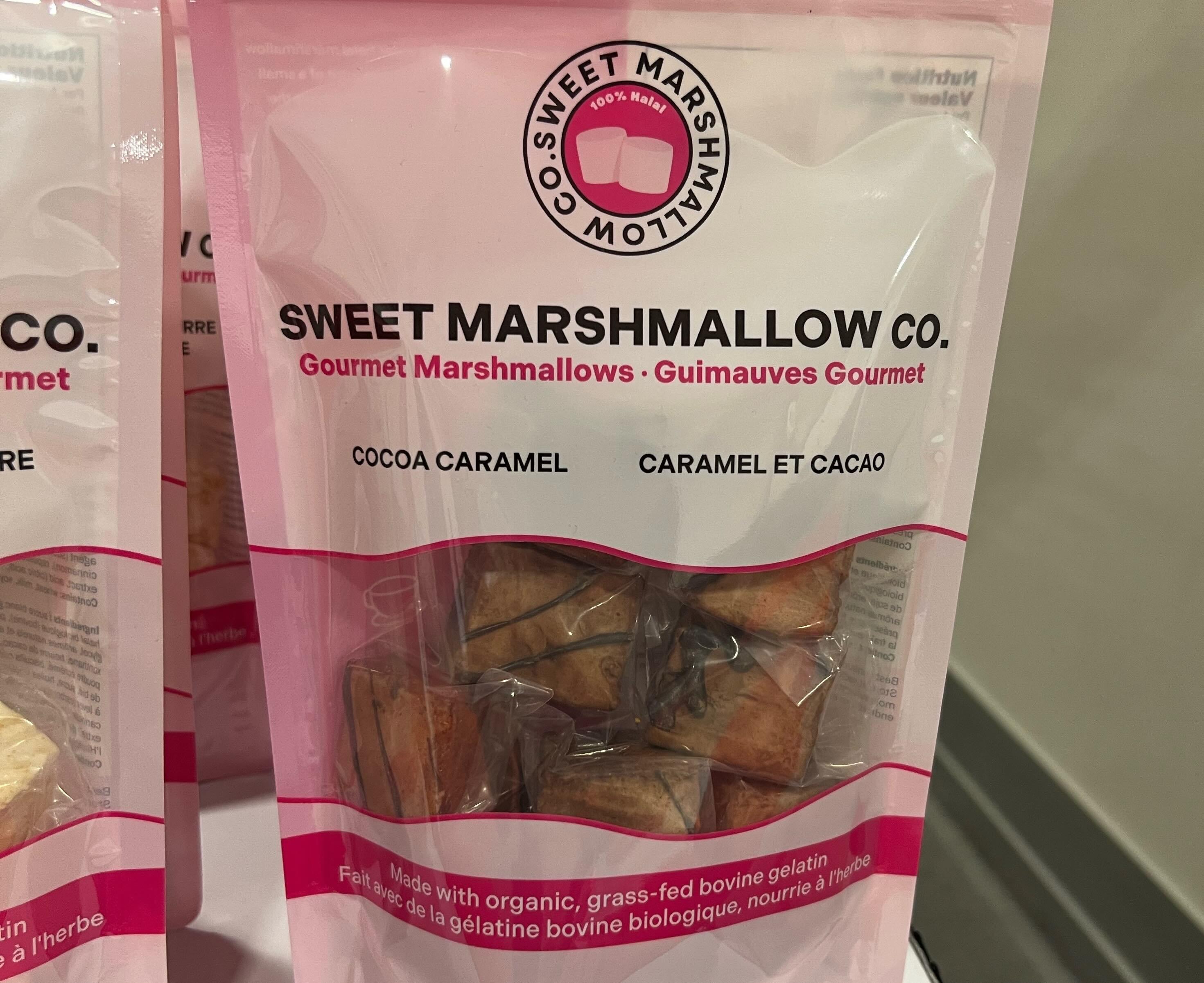By Sarah Algethami, Gulf News
 Dubai: Despite industry efforts, food industry experts warn that not all products labelled and sold as halal in some Arab countries are, actually, halal.
Dubai: Despite industry efforts, food industry experts warn that not all products labelled and sold as halal in some Arab countries are, actually, halal.
The problems is due to a lack of consistency regarding the definition of halal, specially in regards to the stunning of animals before slaughter, according to industry experts at Gulfood 2015 in Dubai on Tuesday. Islam requires Muslims to consume halal products, which basically do not contain alcohol or pork.
Ebrahim Al Rahim, professor at Um Al Qura University in Saudi Arabia, said that some poultry products that are imported by countries in the region from the West do not comply with Sharia. “The imported chicken in most of the countries in the region are labelled halal, even though it is stunned before slaughter,” Al Rahim said. He said that some Islamic scholars believe that some types of animal-stunning comply with Sharia. Stunning an animal before slaughter is viewed by some scholars as not complying with Sharia, making the food non-halal.
Importing countries in the region should clarify their standards in order to avoid importing non-halal products, Al Rahim said.
Under the new UAE Halal Scheme, halal compliance is checked through the entire process of production, distribution and storage, according to Farah Ali Al Zarooni, director of the standards department at the Emirates Authority for Standardization and Metrology (Esma).
Unlike the previous scheme, the UAE Halal Scheme is “upgraded”, Al Zarooni said. “The new scheme gives specifications to those issuing [halal] certificates. In the past, the accreditation bodies were not involved in the halal scheme,” she added.
The UAE already has halal standards in place for food and cosmetics. “Soon we will be working on issuing standards or guidelines for leather and textile products,” she said.



